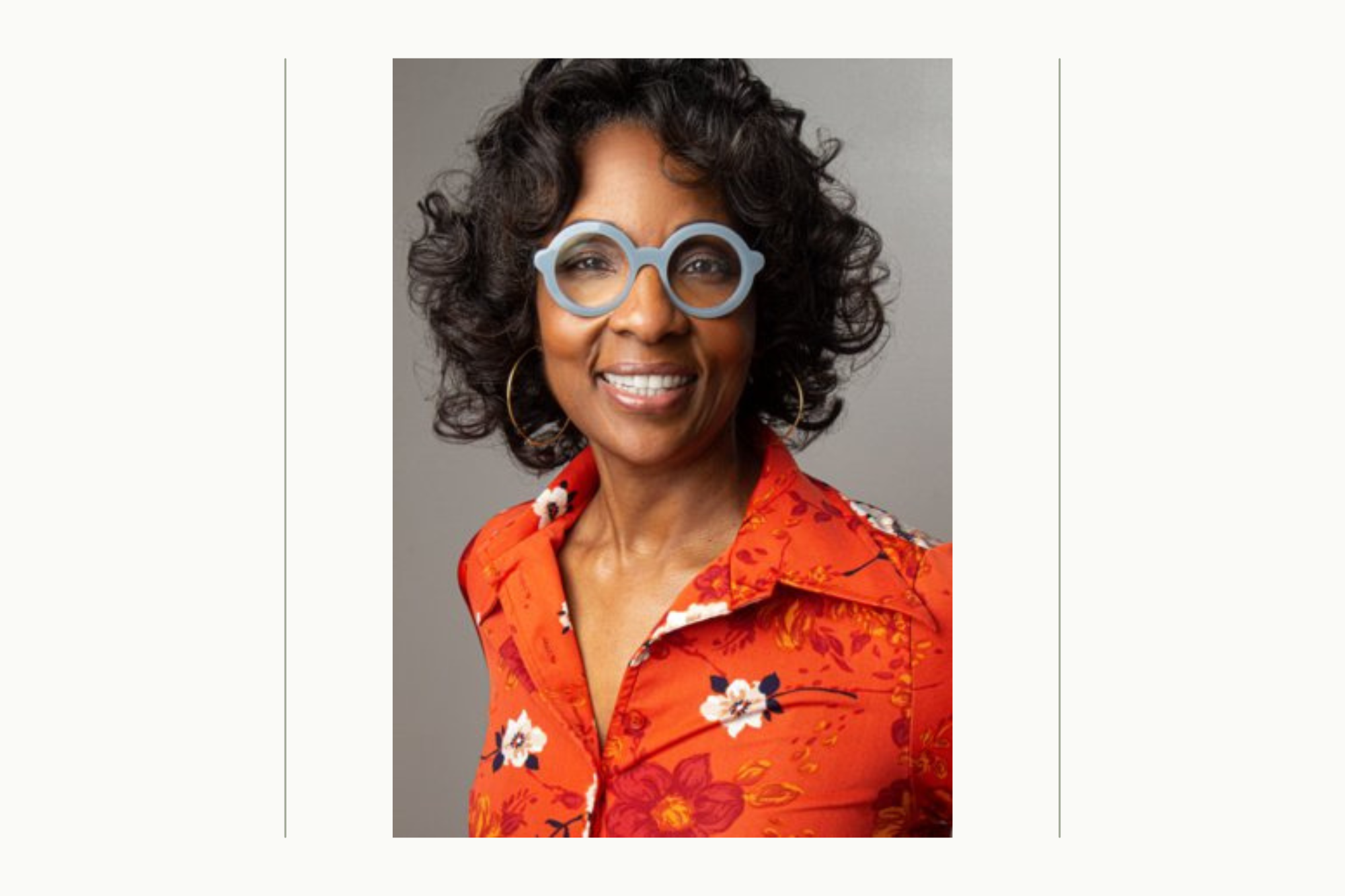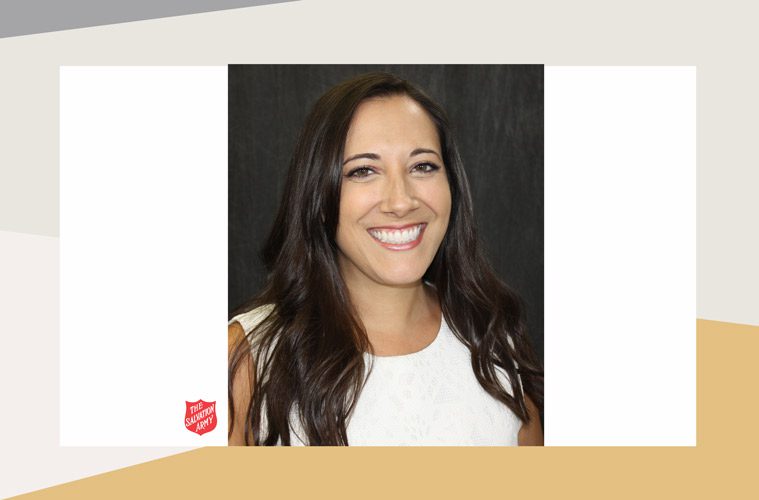Today, I’m inviting you to a mini workshop right here in your podcast player—a workshop to make a plan for joy.
Show highlights include:
- What happens when we see an unknown ahead.
- More on burnout and its all-time high.
- The three core attributes to burnout.
- The one thing in our work and life that causes burnout.
- Four questions to journal through in considering your own stress.
- What’s on the other side of stress.
- The difference between happiness and joy.
- The cure for burnout.
- How to make a plan for joy with our 12-week joy planner.
- How to create a joy-filled toolkit for the little pockets of “extra” time in your day.
Listen and subscribe to the Do Gooders Podcast now. Below is a transcript of the episode, edited for readability. For more information on the people and ideas in the episode, see the links at the bottom of this post.
* * *
Okay, I am almost embarrassed to share this, but here we go. One of the first times I traveled internationally, I was headed somewhere, you could say, exotic, and I wasn’t totally sure what to expect for the six weeks I’d be away. I did know there would be ocean as far as I could see, and there most definitely would not be a Target nearby in the event I forgot to pack that one essential. As a result, I had such a hard time deciding what to bring, and by hard time, I mean I found the biggest suitcase I could and loaded it with everything I could think I might potentially even perhaps possibly need while I was away.
I kid you not, I packed cans of soup. Cans of soup!
When I finally made my way to the ticket counter, no surprise here, my bag was overweight by about 60 pounds. I could minimize or pay close to $1,000 in fees.
So a friend shimmied the bag off the scale, threw it open right there on the airport floor and began tossing things out.
“You packed cans of soup?!”
She and I were both flabbergasted, but without exaggeration, that situation changed my travel life. That and having to navigate the behemoth bag for the rest of the trip. And yes, I’ve only traveled with a carry-on since.
This happens to us in life, doesn’t it? There’s an unknown ahead and we see a world of possibility or what ifs. So we start grabbing whatever we can, stacking them into piles and trying to stuff all of it into the confines of our limited capacity. Then we wonder why we’re tired and burnt out and defeated, why we’re in cycles of comparison in what feels like overweight baggage fees. It’s no wonder then that burnout is at an all time high.
Recent surveys show some 40 percent of those ages 30 and above said they feel drained and women report higher levels of burnout than men, at 46 percent compared to men’s 37 percent. In her book, “Can’t Even: How Millennials Became the Burnout Generation,” author Anne Helen Peterson writes, “And increasingly among millennials, burnout isn’t just a temporary affliction, it’s our contemporary condition.”
Burnout as a contemporary condition.
Do you ever feel it?
Leading burnout researcher, Dr. Christina Maslach says there are three core attributes to burnout. One, exhaustion, we feel exhausted and as though we have no energy to do good work. Two, cynicism, we feel cynical and have negative attitudes toward our projects, plus a sense of disassociation from those projects and the people around us. And three, inefficacy, we feel ineffective, as though we are accomplishing significantly less than usual and can’t muster the fortitude to be productive.
Ultimately, there is really only one thing in our work and life that causes burnout, and that’s an overwhelming amount of chronic stress. I know those mental rollercoasters, that feeling of frustration and wondering how it’s ever all going to get done, or when the stressors are finally going to stop, and I know you have too. What I’m still learning is we have to decide what’s most important, start outsmarting ourselves, collect the right resources and cut the excess.
So let me ask you these four questions, grab a pen, jot them down, hit pause if you need to, and journal through these four questions: What are the things, situations, relationships, whatever else comes to mind that are giving you energy lately? When you think about where your time and energy are actually going, how do you feel? Would you say you’re on autopilot or living with intention? And what, specifically, is causing you stress?
And I should mention, if you head to caringmagazine.org/joyplanner, we have an entire toolkit based around this workshop that you can download and use to make your own plan for joy. So head to caringmagazine.org/joyplanner and you’ll find all you need to do this workshop with me today.
As author Chris Rice and also a guest on the Do Gooders Podcast said, “Facing our time of crisis and burnout, I believe the most essential virtue is joy.”
Joy.
We have to make space for joy.
Of course, you already know stress negatively affects your health, from internal responses, to changes in behavior, stress can lead to decreased immune function, changes in hormone production, increased inflammatory markers within the body, difficulty sleeping, changes with eating and mood, impact on blood pressure, cardiac function and so on. Stress, as a term, is so broad, but the other side of stress is joy.
While happiness is a broad evaluation of how you feel about life over time, things like meaning and purpose, how you feel about other people and about your health, it’s a complex equation that we call happiness. Some parts might be great, other parts are more up in the air. And by contrast, joy is simple and immediate. Psychologists use the word joy to mean an intense, momentary experience of positive emotion. It’s measured through physical expression, a smile, laughter, the feeling of wanting to jump up and down.
So if happiness is how good we feel over time, joy is how we feel right now in the moment.
And Jesus’s story is filled with joy. We find it at his birth, his resurrection, in his words, and in how he filled his disciples with joy. Yet what we see in the story of Jesus is that happiness and joy are not the same. According to missiologist Evelyne Reisacher, biblical joy is “a delight in life that runs deeper than pain or pleasure. This kind of joy is not limited by or tied solely to external circumstances. It is not a fleeting emotion, but a quality of life that can be experienced in the midst of a variety of emotions.”
So the cure for burnout, for anxiety then is not doing more, it’s joy, and that inner joy cannot be suppressed. As Chris Rice writes, “God’s joy propels us out in into world in action and opens us to others.”
So how can we live lives deeply rooted in joyful relationship with him? Start by asking: What is one moment of joy I can find today?
To that end, we’ve created this planner for you to make a plan for joy, to remember to take in these moments, enjoy them, be in joyful relationship with God, and be propelled out into the world. The 12-week Joy Planner includes space to reflect on where you’ve been and where you’re going, with guided prompts. Space to look ahead for what matters most to you in the next four weeks, your goals, important dates, a bucket list for joy filled moments, a weekly spread, starting with a good word from the Good Word, an affirmation from Scripture to hold close throughout the week. There’s a daily joy tracker to record instances of joy alongside your appointments and tasks. Then finish the week noting a memorable moment, something you found exciting that you learned, or somewhere you found joy. And finally, a journal for however best fits your needs. This is all free for you, this is a joy-filled toolkit for you to use in your own life. And again, that’s caringmagazine.org/joyplanner.
So if you want to be more intentional with those little pockets of extra time in your day, write a list of ways that you find joy, create a joy-filled toolkit. And then when you have a five or 15 or 30 minute window in your day, instead of mindlessly passing time, reference this toolkit and find joy in those moments. Think about what are the simple soul-filling ways you can upgrade your time, even if it’s just a few minutes, and create your go-to toolkit. You can borrow from our ideas or write in your own.
We see in Nehemiah 8, even the Israelites in rebellion and exile and suffering learned they were still God’s chosen people. He was still their God, and that was a joy that gave them strength, For the joy of the Lord is your strength, Scripture says. It’s a peace that cannot be undone. So that in hearing it, as Jesus says in John 17:13, we might be consumed with joy.
So what about you? How do you want to experience your life? What do you want your life to reflect?
Don’t lug around and overstuffed suitcase. What are the things you’re working toward in this season? Does each one have a rightful place in your bag or is there dead weight? Remember, you can do big things without the big baggage, maybe even bigger (and definitely without the cans of soup).
So let’s live our lives in him, with him and by his strength. Let’s enjoy it, and then let’s reflect that joy.
Additional resources:
- Get your 12-week Joy Planner at caringmagazine.org/joyplanner.
- Listen to our Playlist for Joy!
- Start your day with goodness. Get on the list for Good Words from the Good Word and get a boost of inspiration in 1 minute a day with a daily affirmation from Scripture sent straight to your inbox. A pep-talk for the day. A boost of inspiration and comfort. A bit of encouragement when you need it. Get on the list and start receiving what you need today.
Listen and subscribe to the Do Gooders Podcast now.

















